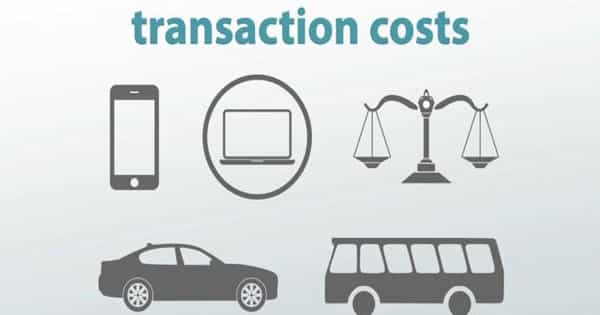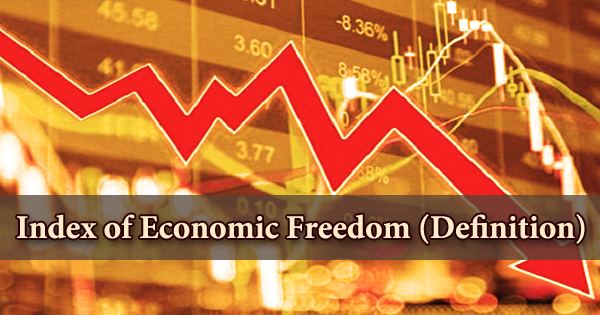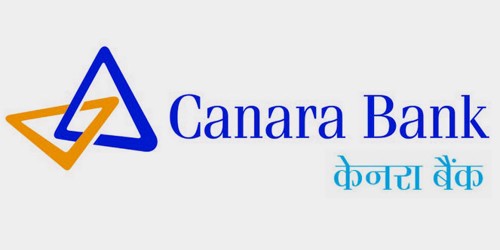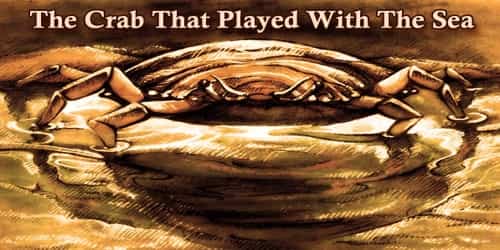Transaction costs are costs incurred that do not accrue to any of the transaction’s participants. It is a cost in making any economic trade when participating in a market in economics and related disciplines. According to Oliver E. Williamson, transaction costs are the costs of running a company’s economic system, and unlike production costs, decision-makers determine company strategies by measuring transaction costs and production costs. They are sunk costs incurred as a result of economic trade in a market. The theory of transaction costs in economics is based on the assumption that people are influenced by competitive self-interest.
Transaction costs are expenses incurred when buying or selling a good or service. It represents the labor required to bring a good or service to market, giving rise to entire industries dedicated to facilitating exchanges.
Transaction costs are the total costs of carrying out a transaction, which includes the costs of planning, deciding, changing plans, resolving disputes, and after-sales service. As a result, one of the most important factors in business operation and management is the transaction cost. For example, it has been argued that production should take place in firms rather than through market contracting because this reduces transaction costs. Transaction costs have also been proposed as a reason why the market does not solve externality issues.
Transaction costs in economies seek to explain why some markets can accommodate many organizations while others, known as hierarchies, are dominated only by a few. The concept of transaction costs was popularized by Oliver E. Williamson’s Transaction Cost Economics. Douglass C. North contends that institutions, defined as a society’s set of rules, are critical in determining transaction costs. In this sense, institutions that enable low transaction costs promote economic growth.
In a financial sense, transaction costs include broker commissions and spreads, which are the differences between the price paid by the dealer and the price paid by the buyer for security. Investors care about transaction costs because they are a key determinant of net returns.
Transaction cost economies consist of four elements:
- The world is full of uncertainty and unpredictability.
- Organizations that enter into transactions find it costly to leave them due to bargaining and asset specificity.
- Individuals have limited rationality, which means they receive and process limited information and thus have fewer options to choose from. Economic transactions are based on bounded rationality rather than pure rationality.
- Individuals’ inherent opportunistic behavior in an economy makes it difficult to enforce contractual agreements after a long period of time.
Transaction costs are the costs incurred during trading – the process of selling and purchasing – in addition to the price of the product being exchanged. Transaction costs can also refer to a fee charged by a bank, broker, underwriter, or other financial intermediaries. Legal fees, communication charges, the cost of obtaining price information, or the labor required to bring a good or service to market are all examples of transaction costs. Transaction costs are an important consideration when deciding whether to manufacture or buy a product.
















